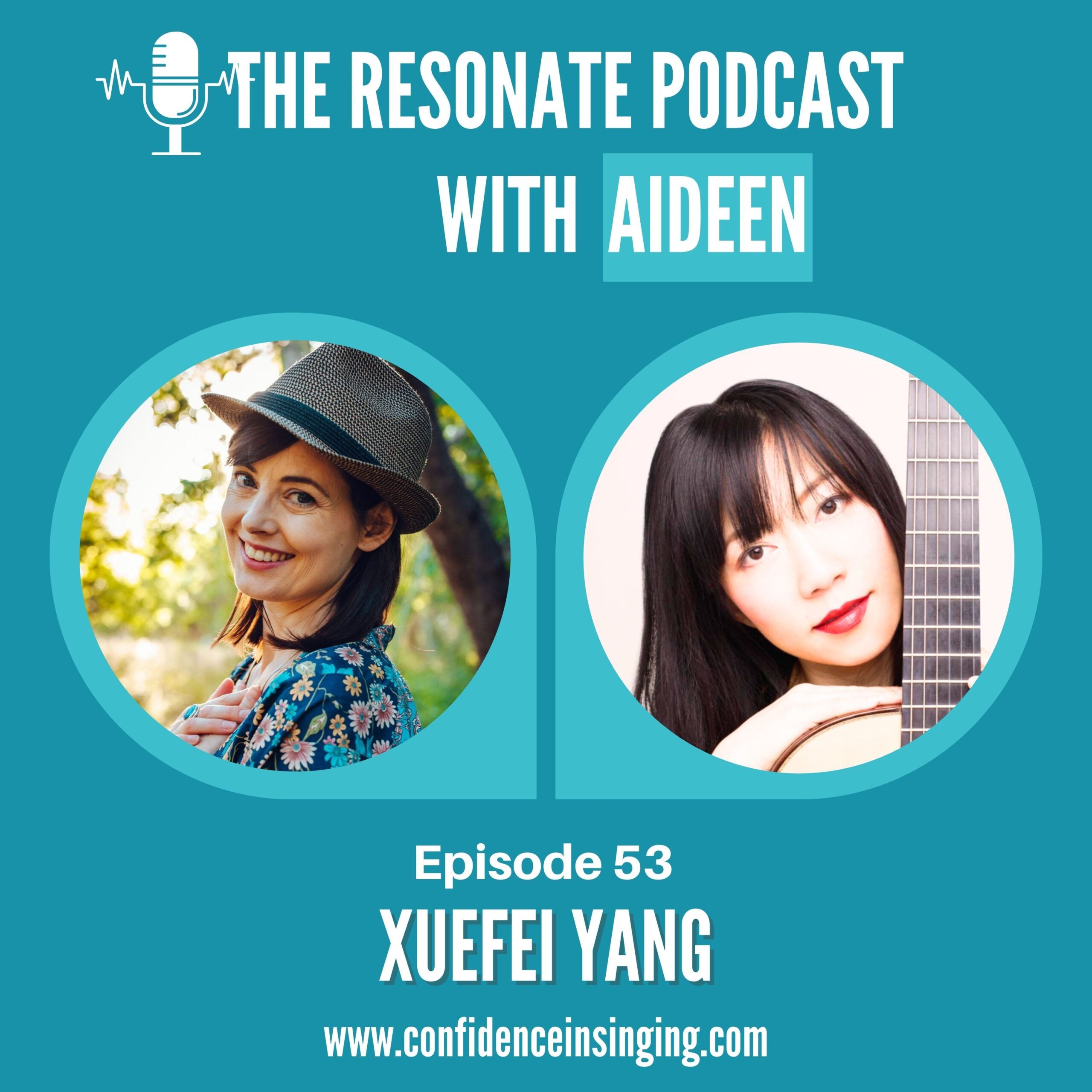Join us as we welcome Xuefei Yang, whose journey from China to international stages is nothing short of remarkable. Fei shares her story, from stumbling upon the guitar by chance in post-Cultural Revolution China to becoming the first guitarist to enter a music school in her homeland.
Fei offers invaluable insights into maintaining motivation, establishing a disciplined practice routine, and finding joy in the process rather than fixating on the outcome. We discuss realistic goal-setting and the importance of loving what you do, especially in the demanding world of classical music. Tune in to also hear about the upcoming New Ross Guitar Festival, where Fei’s extraordinary talent will be on full display. Don’t miss this engaging conversation filled with inspiration, practical advice, and a celebration of dedication to one’s craft.
Connect with Xuefei:
Facebook: @xuefeiyang
Instagram: @xuefeiyang_guitar
Twitter: @XuefeiYang
